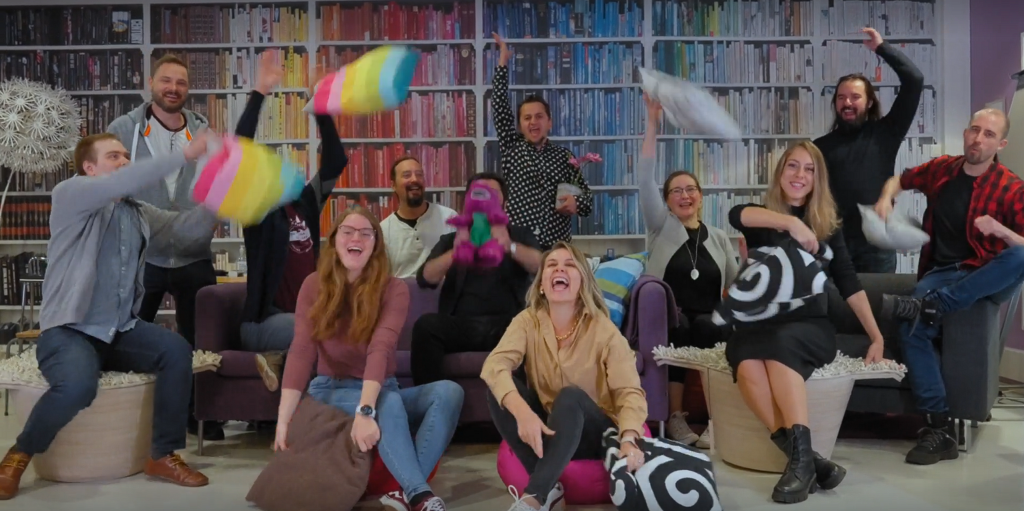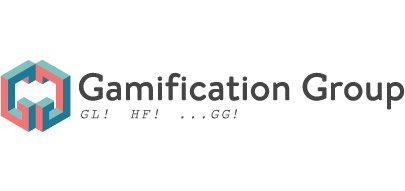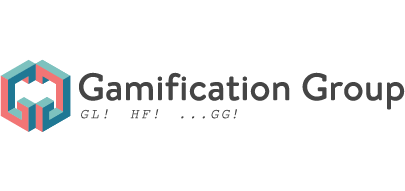PhD Position (4Y) – Playful Relations between Human Augmentation and Biomaterials

We are looking for a motivated doctoral researcher to join the team at Tampere University’s (TAU) Gameful Futures Lab and Gamification Group which are part of the Research Center of Gameful Realities to work within the UNITE flagship and explore how human augmentation technologies can foster meaningful and playful relations between humans and biomaterials. This position will collaborate with the “Play-Bio” project, which is funded by the Research Council of Finland and focuses on designing playful relationships between biomaterials and humans.
Living biomaterials, such as mushrooms, wood, and bacteria, are being increasingly proposed as sustainable alternatives for designing everyday items like furniture, garments, and consumer electronics. However, despite their environmental promise, these designs often still treat biomaterials as passive resources for human consumption. This research aims to shift that perspective by leveraging human augmentation technologies to create playful relationships with biomaterials. Human augmentation—through technologies that enhance our physical, cognitive, sensory, and emotional capabilities—opens up new possibilities for engaging with living materials in ways that go beyond mere use: For example, wearable devices that adorn individuals with new senses that might allow individuals to feel the subtle growth processes of biomaterials, or Extended Reality (XR) applications could enable people to interact with bacteria or wood on a micro-level, fostering a sense of kinship and care. These technologies can turn interactions with biomaterials into meaningful, reciprocal experiences rather than transactional ones. By cultivating these new types of playful engagement, this research seeks to reframe our relationship with the environment, promoting sustainability not just through material choice, but by encouraging more mindful, caring, and interactive relations with our broader natural world. From the 5 paths described above, it specifically touches upon the Evolve and Engage paths.
See https://dl.acm.org/doi/pdf/10.1145/3623509.3633390 for our current speculative designs and fictional research abstracts for human augmentation technologies.
JOB DESCRIPTION
The candidate will focus on designing, developing and empirically assessing human augmentation technologies that foster playful relationships between humans and biomaterial-based artifacts. The candidate is expected to plan and conduct empirical research within this given context. The research tasks will include, for example, designing and developing human augmentation technologies – e.g., wearable and Extended Reality (XR) applications- by focusing on potential playful interactions with biomaterials such as mycelium (the vegetative part of the mushrooms), SCOBY (symbiotic culture of bacteria and yeast), and plant-based materials (e.g., wood). Further tasks will focus on conducting user studies to qualitatively and quantitatively uncover the impact of the prototypes on the relationship between humans and broader nature. The accepted candidates are also expected to write and publish academic articles in top-tier venues.
The accepted candidate will be supervised by Assistant Professor Oğuz ‘Oz’ Buruk, Dr. Çağlar Genç and Prof. Juho Hamari and will work in Gameful Futures Lab and Gamification Group. The candidate must, later on, enrol into an applicable doctoral program in the Faculty of Information Technology and Communication Sciences. Please visit the admissions page for more information on eligibility requirements. The candidate may start the enrollment to a doctoral program after the candidate has been recruited, and therefore, the candidate does not need to hold a doctoral program position before applying.
REQUIREMENTS
- The ideal candidate for this position is expected to:
- Have a Master’s degree in computer science, industrial design, interaction design, game design, or related fields to human-computer interaction
- Have interest in prototyping interactive applications, e.g., wearable and/or AR/VR development, game design and development, development with biomaterials.
- The following qualities are appreciated:
- Prior knowledge of research on biomaterials, wearables, smart textiles, AR/VR, game design and/or transhumanism.
- Background and hands-on experience in designing and developing with biomaterials (e.g., bioplastics, mycelium, and SCOBY)
- Experience in prototyping, integration of sensors, and working with maker tools such as Arduino, and Raspberry Pi, as well as game or AR/VR development tools such as Unity and Unreal Engine.
- An understanding and experience in design-driven methodologies (research through design and participatory design)
- An understanding and experience in qualitative research methods (including planning and conducting interviews, focus groups, workshops, and user studies, as well as qualitative data analysis such as thematic analysis)
- An understanding and experience in quantitative research methods (including questionnaires and surveys about individuals’ environmental attitudes – e.g., connectedness to nature, and environmental motivation-, as well as statistical analysis methods.
LIFE IN TAMPERE
Tampere is one of the major academic hubs in the Nordic countries and offers a dynamic living environment. Tampere region is one of the three most rapidly growing urban areas in Finland and home to a vibrant knowledge-intensive entrepreneurial community. The city is an industrial powerhouse that enjoys a rich cultural scene and a reputation as a centre of Finland’s information society. The city campus of the Tampere University, where the candidates will be located, is walking distance to the city center. Tampere is an epicenter of game research internationally. For more information on Tampere and Finland, please visit:
HOW TO APPLY
Please submit your application through our online recruitment system (link). The closing date for applications is December 2, 2024 (at 23.59 EET / 20.59 UTC). Please write your application and all accompanying documentation in English and attach them in PDF format only. Candidates are expected to start the positions as soon as possible.
List the attachments that candidates should append to their applications:
- CV
- List of publications
- One or two samples of academic writing (e.g. articles)
- A motivation letter (max 2 pages) that briefly outlines:
- In Page 1: Motivation to apply, earliest starting date, and any other miscellaneous remarks that the candidate wishes to make. Please clearly specify which of the positions listed above you are applying for.
- In Page 2: Also a tentative short research plan or research idea you would like to undertake in the position (this plan primary functions as a departure point for discussion and will be agreed upon together with the selected candidate)
- Optional: A design portfolio highlighting the candidate’s creative and/or artistic work.
Contact:
Çağlar Genç, PhD, genc.caglar@tuni.fi
Asst. Prof. Oğuz ‘Oz’ Buruki, oguz.buruk@tuni.fi



